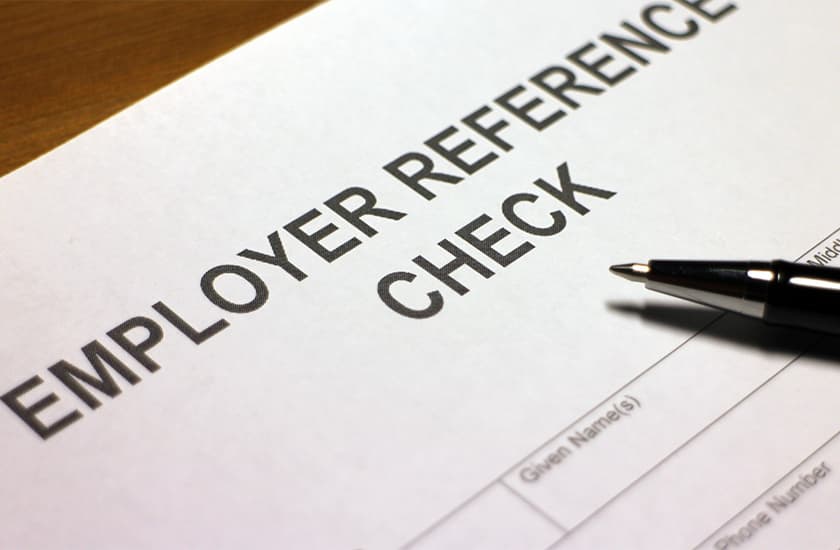Are you choosing Referee’s wisely?
Be honest–how much thought do you put into the references you supply on a job application? If you’re like many of us, chances are that you might choose the first names that come to mind. The problem with this strategy is that it’s ineffective, and it could ruin your prospects of getting hired before you even have a chance to come in for an interview.

Below, we outline some steps for choosing the right references, as well as some mistakes to avoid.
Why Conduct a Reference?
Put simply, a reference confirms two things:
- That the details on your CV or job application are actually correct
- You are a person of good character with the right skills for the job on offer
If a potential employer wants to contact your references, you are under serious consideration for the role.
Reference checks are generally one of the final steps in the recruitment process and what your referee says about you is very important. Good candidates on paper can lose the job at this stage, which is why you must choose references carefully.
Choosing the Right References
So, you’re interviewing for a great job, and the hiring manager asks for a list of references they may contact. How do you choose the names on the reference list? Here are some ideas.
Be Strategic
The best references are generally:
- Former managers who know you well
- Colleagues you work/worked directly alongside
- Current or former clients
- College faculty if you recently graduated and they knew you well
Draw up a list of potential references before contacting anyone. These people should be individuals who can speak to your talents, your achievements,your suitability for the role and be relatively current (within 5years maximum).
Contact Potential References First
We cannot stress this enough – Don’t list names without obtaining permission first. Always ask if they are comfortable to provide a recommendation of your work. Prepare referees in advance and fully brief them on when they might be contacted, this is courteous for all parties.
Have A Contingency Plan
Sometimes people are too busy to give references or they aren’t comfortable providing one. Don’t take it personally and ensure there’s a back-up. Most prospective employers need to complete 2x references as good practice before moving to offer stage, if they request 2x we recommend providing at least 3x names for them to try in case they cannot get hold of one option.
Give Details
Don’t leave your referee guessing. Outline the job role, your skills, and your attributes.
Mistakes to Avoid
Here are some common but easily avoidable mistakes.
Listing Names Without Permission
Don’t share anyone’s contact details without their permission–chances are, they won’t give you the reference if you do.
Choosing Friends and Family
Friends and family aren’t suitable references unless you work with them or they manage you.
Making References Up
Please don’t enlist buddies to pose as coworkers or former managers. It’s not worth the risk to your professional integrity or your friendship.
Conclusion
Employee references are a very important part of the recruitment process, and you shouldn’t overlook them. By choosing the right references, you will maximise your chances of securing that all-important job offer.

